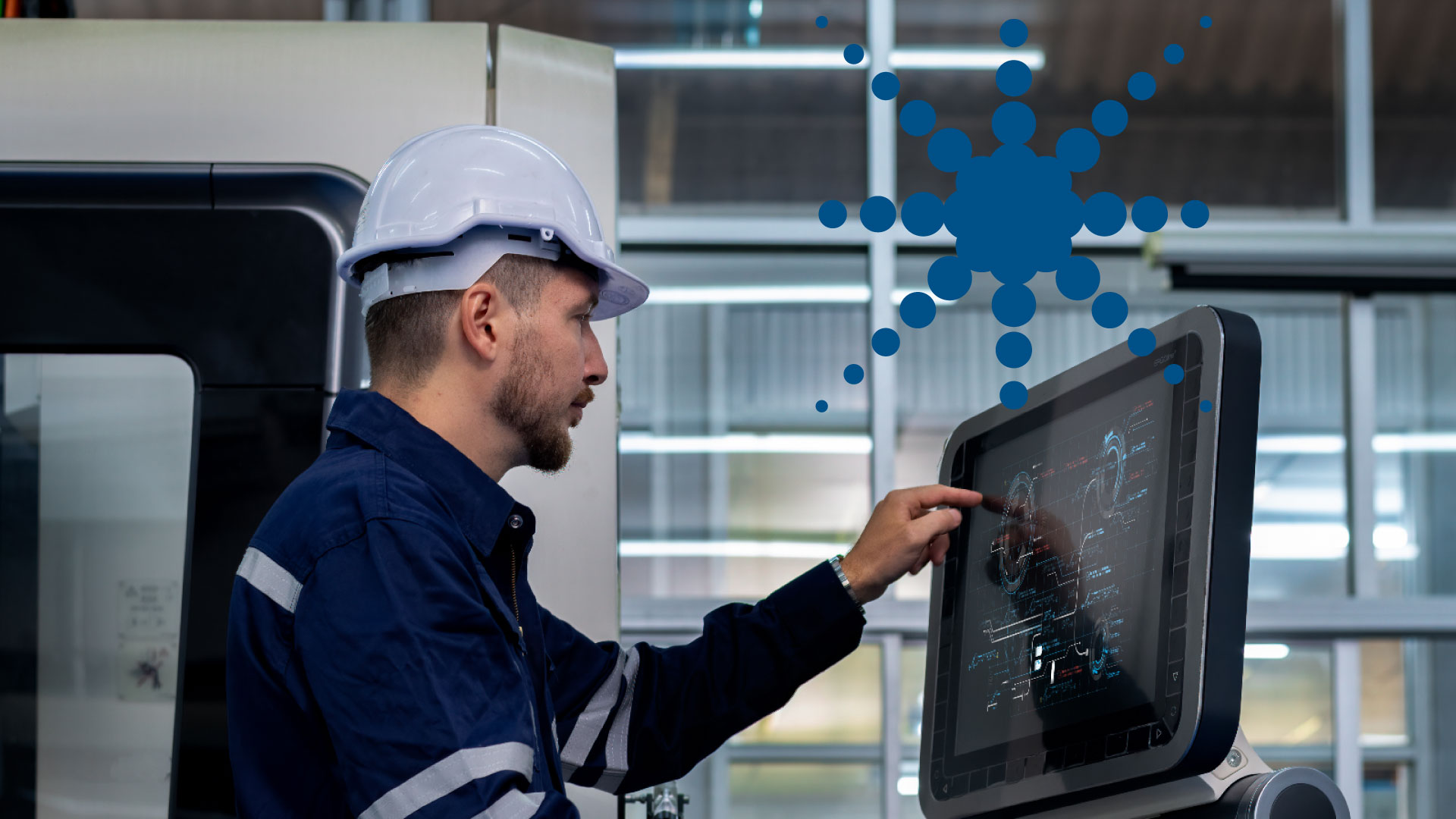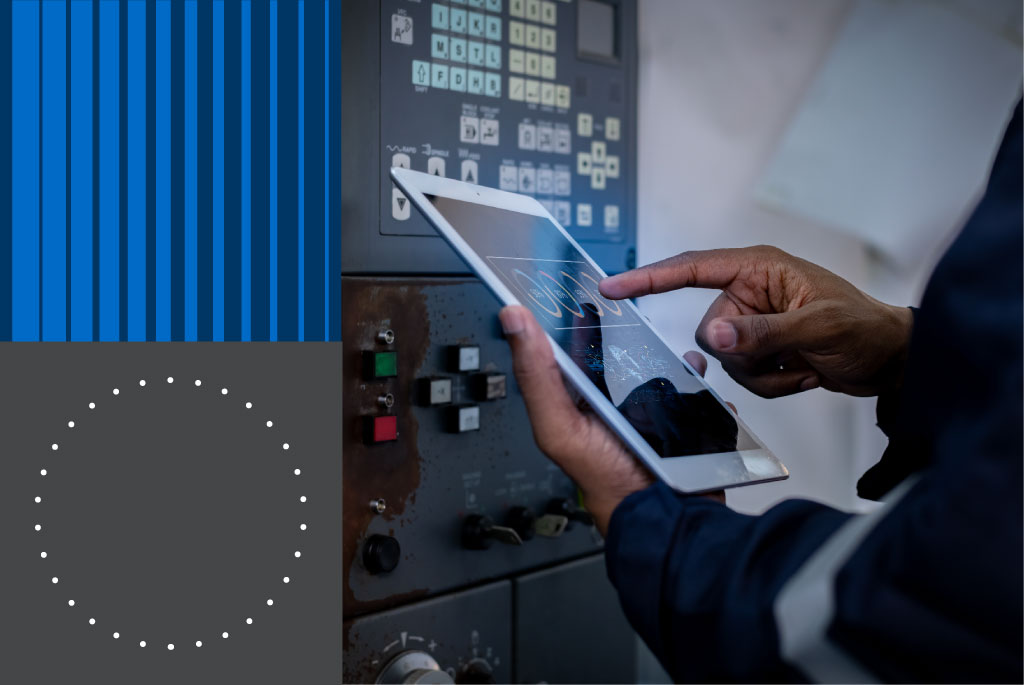
Driving business success through process automation (RPA)
Robotic process automation (RPA) is transforming the way business leaders use resources, reduce costs, and minimize errors. Automating repetitious tasks boosts a company’s productivity and revenue.
RPA refers to technologies that use software robots to perform specific tasks that involve manipulating data and interacting with business computer systems.
A business that uses RPA may automate both straightforward operations, like extracting important information from invoices, and more challenging jobs such as answering and resolving customer inquiries in real-time. All this without requiring the presence of employees or investing large amounts of money.
Business process management currently places a lot of emphasis on robotic process automation (RPA). Even according to Forrester estimates, the RPA services market will reach USD 12 billion in 2023, with finance and accounting departments being the ones that will most demand this type of solutions.
For its part, the consulting firm Gartner assures that 9 out of 10 large organizations in the world used RPA solutions during the last year.Furthermore, according to its forecasts, the market will grow by double digits in 2024.
How does an RPA solution work?
One of the key benefits of using an RPA solution is that it frees up employees’ time to focus on more strategic and beneficial activities for their organizations. Even more, RPA has the ability to do tasks faster and more accurately than a human.
For a software robot to perform specific functions, it is necessary to establish the rules and actions that need to be performed in sequence. These activities can range from opening documents to engaging with programs and systems.
RPA is programmed to obey rules and make judgments based on predetermined circumstances, but unlike artificial intelligence-based technologies, it cannot learn or get better over time. Therefore, if using RPA any aspect of the automated task is modified, it will need to be configured again.
The fusion of RPA with AI is anticipated to improve the automation of complicated jobs in business contexts in the upcoming years.
What benefits does RPA bring to a company?
The possibility of emulating human behavior makes RPA a technology capable of improving the efficiency, accuracy, and productivity of business processes. These are 8 of its main benefits:
- Uninterrupted work. Robots powered by RPA software can work nonstop throughout the entire year, including holidays and weekends. This possibility allows you to speed up processes and reduce waiting.
- Error Reduction. The use of RPA reduces the possibility of processing execution errors by ensuring the completion of predefined tasks with millimeter precision.
- Cost Savings. Organizations can cut costs on employee pay and benefits by using RPA to handle repetitive tasks. At the same time, human talent is free to concentrate on activities that generate greater value for the organization.
- Scalability. Without the need to hire or train additional staff members, RPA solutions can rapidly and efficiently adjust to changing workloads.
- Ease of Audits. Companies can acquire a complete and transparent history of the activities carried out by keeping track of all actions taken by RPA software robots.
- Customer Service Optimization. RPA makes it possible to automate responses to client requests and questions right away, increasing customer satisfaction by cutting down on wait times.
- Integration to Processes and Systems. RPA software robots have the ability to interact with the organization’s applications and systems to perform predefined actions. As a result, there is no need to make modifications to the IT infrastructure because RPA adapts to current conditions.
- Data Verification. RPA software robots are often used to verify and validate data automatically. With its implementation, you can find data that matches a reliable pattern, find duplicate data, do cross-checks, etc.

How to implement RPA?
Implementing RPA is a process that requires careful planning and execution. It involves identifying repetitive processes, performing a cost-benefit analysis for the business, choosing the best RPA platform, designing the automated process, creating RPA robots, and, lastly, implementing and monitoring.
At Ikusi, we provide support for the design, configuration, maintenance, and process optimization tasks as well as assistance in developing strategies for the implementation of automation solutions, such as RPA.
Finally, our automation processes are created by certified software development engineers who understand business needs and design solutions tailored to the requirements. Additionally, they implement technology advancements and implementations more effectively, more reliably, and in line with the business’s commercial goals.
For more information, click here.


